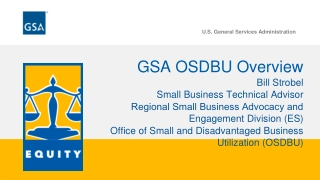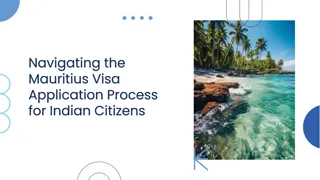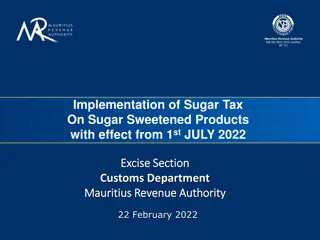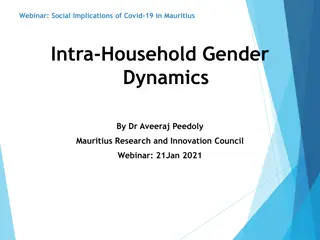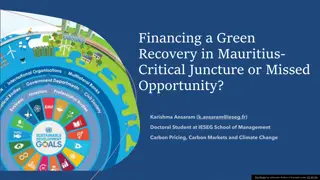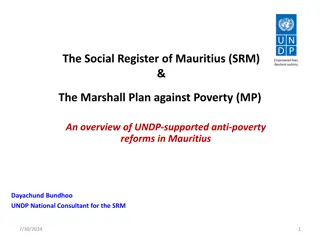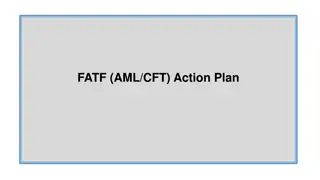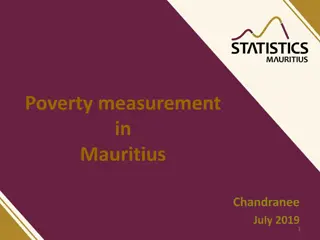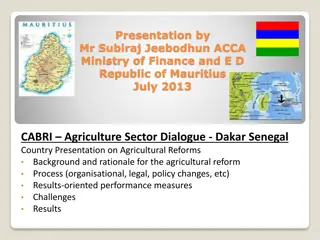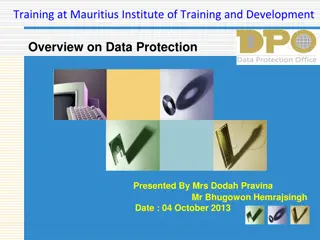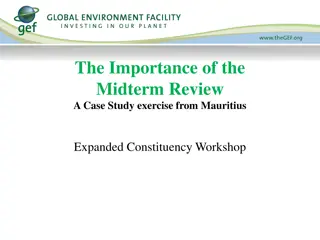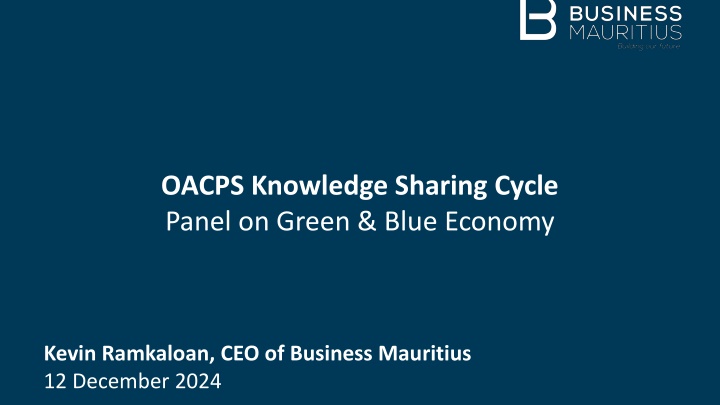
Key Findings and Decarbonisation Initiatives in Mauritius Business Sector
Discover the potential for energy cost savings and efficiency improvements in Mauritian businesses, along with the structural barriers hindering progress. Explore the commitment to decarbonisation projects, renewable energy goals, and GHG reduction targets in Mauritius by 2030. Learn how addressing challenges such as limited supervision and lack of technical expertise can lead to significant savings and environmental impact.
Download Presentation

Please find below an Image/Link to download the presentation.
The content on the website is provided AS IS for your information and personal use only. It may not be sold, licensed, or shared on other websites without obtaining consent from the author. If you encounter any issues during the download, it is possible that the publisher has removed the file from their server.
You are allowed to download the files provided on this website for personal or commercial use, subject to the condition that they are used lawfully. All files are the property of their respective owners.
The content on the website is provided AS IS for your information and personal use only. It may not be sold, licensed, or shared on other websites without obtaining consent from the author.
E N D
Presentation Transcript
OACPS Knowledge Sharing Cycle Panel on Green & Blue Economy Kevin Ramkaloan, CEO of Business Mauritius 12 December 2024
PNEE/PREE PNEE KEY FINDINGS: Energy Cost Savings: Mauritian businesses could save approximately USD 30 million annually on energy costs by addressing challenges such as limited supervision, low awareness of energy audits, and insufficient local expertise. Efficiency in Steam Use: A pilot project involving eight companies revealed that fuel savings in steam usage ranged from 10% to 40%, demonstrating the value of implementing targeted efficiency measures. Structural Barriers: Issues like limited trust in energy audits, inadequate subsidies, and lack of local technical expertise were significant barriers to achieving these savings.
Decarbonisation in Mauritius NDC Decarbonisation Projects Commitments PV Projects CNIS (CEB) MSDG & SSDGs (CEB) PPAs Biomass Large PPAs Mandatory Audits Water Efficiency 40% GHG reduction by 2030 60% renewable energy by 2030
Thank You info@businessmauritius.org | businessmauritius.org

